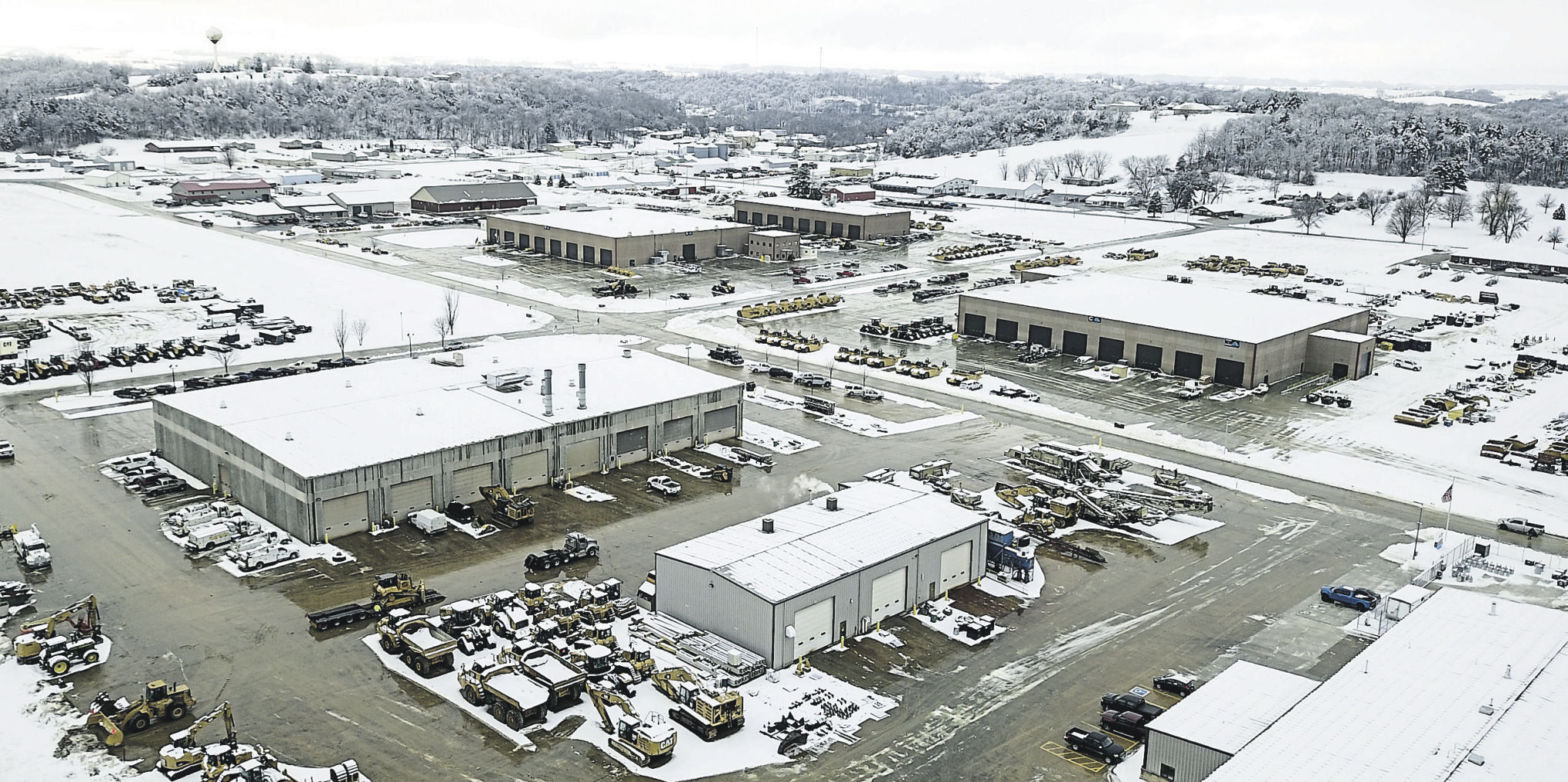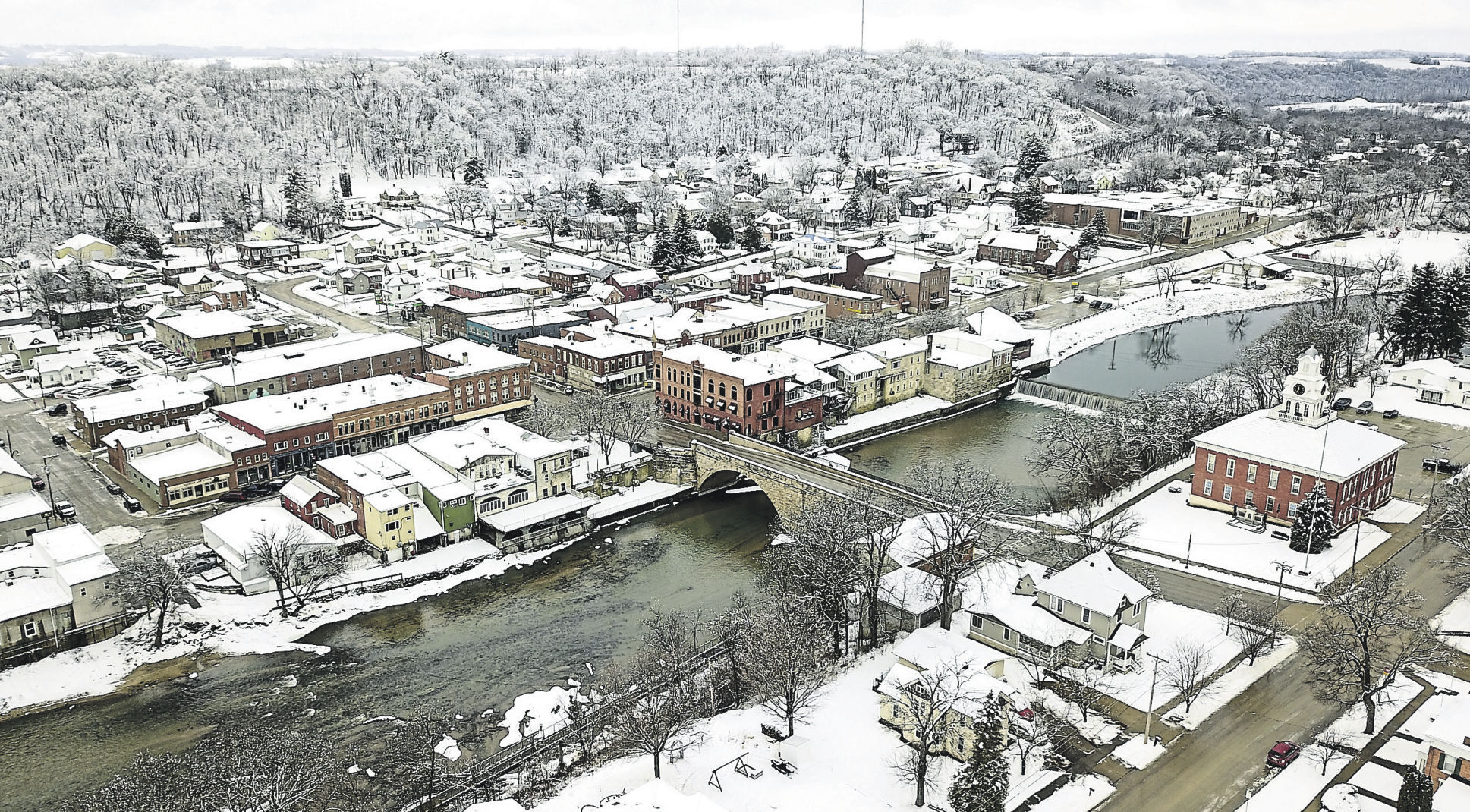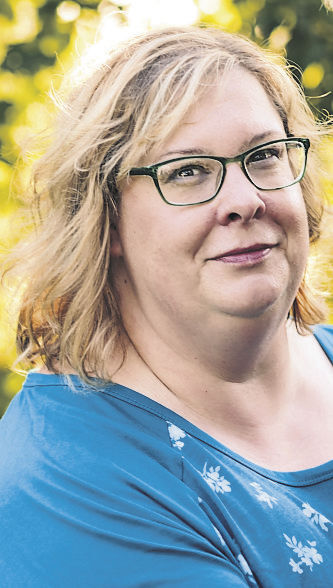ELKADER, Iowa – Economic development looks a little different in a city such as Elkader.
The county seat of Clayton County boasts about 1,200 residents and faces a transportation challenge that sets it apart from neighboring county seats, such as Dubuque and Manchester.
“Not having four-lane highways is a challenge,” said Darla Kelchen, executive director of Clayton County Development Group. “Not having a 65-mph speed limit and not having a larger airport close by. Some of these are things industries look for in locations, and many times, in rural areas, we are unable to accommodate that. Even getting FedEx and UPS deliveries here when we need it can be a challenge.”
Instead, Elkader’s economic development efforts focus on retaining existing businesses, helping local businesses expand and attracting working families by touting the quality-of-life elements unique to small towns.
“People are looking for a community that has a lot to offer,” said City Administrator Jennifer Cowsert. “We have a good quality of life, we’re not as expensive as other communities, and we have a safe community. It’s such a beautiful part of the state.”
One of the community’s economic-development tools is an 81-acre, privately owned industrial park.
In the late 1990s, Alan Johnson, since retired but then the president of Central State Bank in Elkader, purchased farmland on the northeast side of the city with plans to create a tool to assist economic development in the community. The 81-acre Johnson Industrial Park was born.
“I thought it would be good for the community and for the tax base for the city,” Johnson said. “I saw it as an opportunity for people to stay in the area. So many people had to look for other areas to seek employment.”
Located at the intersection of Gunder Road and High Street, the park area had long offered the possibility of development.
“Elkader is located in very hilly terrain,” Johnson said. “This piece of property is a flat piece of property. For years, it was looked at as an area for expansion in Elkader, but it was never for sale.”
Johnson said Elkader Development Corp. considered purchasing the property, then selling off a portion of it.
“But funding was always a problem,” he said. “Finally, I went to the individuals, made an offer to them and I bought the whole thing and developed it.”
Cowsert said the industrial park has provided Elkader with an important tool for local businesses looking to expand and outside businesses looking to relocate to the community.
“People aren’t just going to build a factory in the middle of nowhere,” she said.
The park’s current tenants include Alpine Communications, a telecommunications company; utility Alliant Energy; Clayton County; Mobile Track Solutions, a manufacturer of construction equipment; the U.S. Department of Agriculture Clayton County service office and Elkader’s emergency services building, including the fire department.
The park features a mix of retail and office, light industrial and industrial zoning and figures prominently in the community’s marketing to prospective businesses.
“I take a photo of the industrial park — a drone shot — and we post that to our website,” Kelchen said.
The photo featured on elkader-iowa.com is an aerial view of the park, showing the tenants as well as the available lots of various sizes.
Cowsert said the city can use incentives for prospective tenants of the park.
“We can use (tax-increment financing) if someone wants to build a building or expand a business,” she said.
Community leaders say the park is an important piece in marketing efforts that seek to attract employers and workers by calling attention to the area’s opportunities to hunt, fish and kayak on the adjacent Turkey River and hike local trails.
Kelchen said the area’s tourism can help attract workers and prospective employers.
“We are seeing more people coming out of the cities and enjoying our parks. People tell us they love the rolling hills and the scenic views,” she said. “People are looking for ways to get out of congested population areas, and that has opened their eyes to see what businesses are here.”
Cowsert said marketing efforts also highlight the local high-speed-internet infrastructure.
“Another thing that sets us apart is the fiber optic (availability),” Cowsert said. “That is not everywhere (in Iowa) yet. If people have a work-from-home career, they can do that here and they can partake in our quality of life.”
Elkader faces another economic development challenge that isn’t unique to smaller, rural cities.
“One thing that is a challenge for us is housing,” Cowsert said. “If a company came in with 100 employees, at the moment, we wouldn’t have a place to put that many people.”
Kelchen describes housing as a “chicken-and-the-egg” situation for Elkader. Although housing is a need, empty housing is not.
“You have to be able to fill the houses,” Kelchen said. “You can’t have spec homes just sitting there because nobody makes any money with them.”
Kelchen said her agency continues to field inquiries about potential economic development.
“We are seeing more awareness of rural areas with opportunities that people may have overlooked before,” she said.




